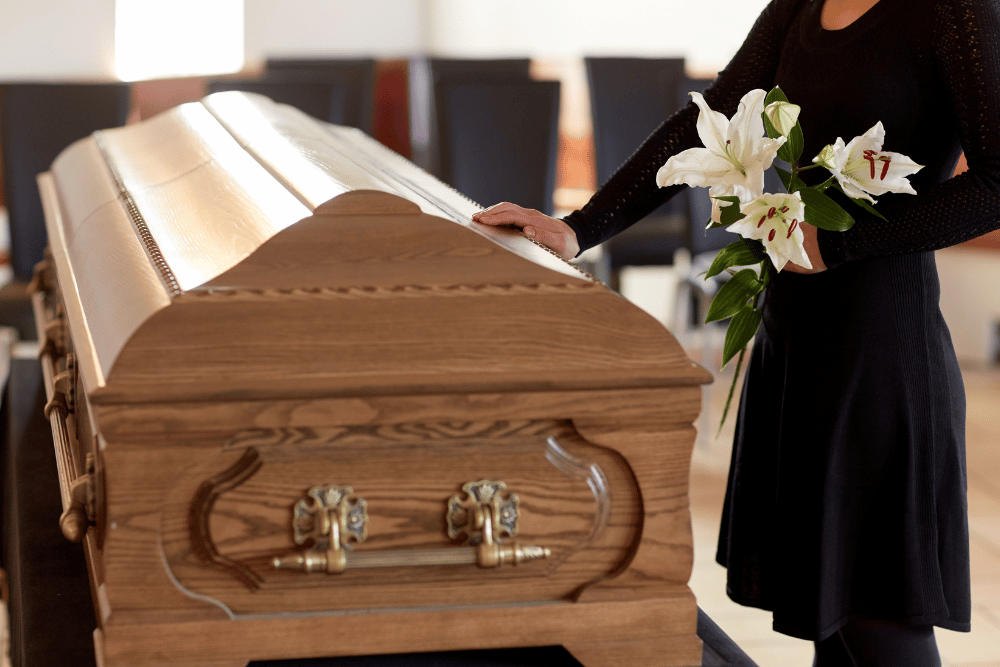Free Consultation
Free Consultation

Wrongful death is a term used to describe a situation where a person dies as a result of another person or entity’s negligence, carelessness, or intentional act. In such a case, the victim’s surviving family members can file a wrongful death claim to seek compensation for their loss.
Recently, NY lawmakers passed a bill that would expand the rights of New Yorkers to sue over the wrongful deaths of their relatives. However, Governor Hochul vetoed that bill after she was unable to add amendments to it, frustrating supporters.
In New York, there are several types of wrongful death claims that families often pursue. In this article, we will discuss some of the most common wrongful death claims in New York and how these types of claims work.
Medical malpractice is a leading cause of wrongful death in New York and across the country. It occurs when a healthcare provider fails to meet the standard of care when treating a patient, resulting in serious injury or death. Examples of medical malpractice include misdiagnosis, surgical errors, anesthesia errors, and birth injuries.
Car accidents are another common cause of wrongful death in our city. These types of accidents occur when a driver’s negligence or reckless behavior results in a crash that kills someone.
There are all kinds of ways that drivers can be negligent, including:
Under the law, a property owner has to ensure that their property is safe for visitors. If the owner fails to maintain their property, they can be held liable if someone is injured or killed as a result. This is called premises liability.
Examples of premises liability include slip and fall accidents, drowning accidents, and fires.
Accidents in the workplace happen all the time in our city, and sometimes they result in someone’s death. When these accidents are the result of an employer failing to provide a safe working environment, that employer can be held liable.
Examples of workplace accidents include construction accidents, electrical accidents, and chemical exposure.
Product liability refers to the responsibility that those who make and sell products have to ensure that their products are safe for consumers. If a product is defective, it can cause serious injury – or even death.
Examples of product liability include defective medical devices, toxic chemicals, and faulty car parts.
In New York, only certain individuals are eligible to file a wrongful death claim. These individuals include the surviving spouse, children, parents, and siblings of the deceased person. In some cases, the estate of the deceased person may also file a wrongful death claim if no eligible family members are available.
In a wrongful death claim, the victim’s family must prove that another’s negligence caused the death. This may involve showing that the defendant failed to take reasonable steps to prevent harm, acted recklessly, or intentionally caused harm to your loved one. You’ll need to provide evidence to support your claim, including eyewitness testimony, medical records, and expert testimony.
They must also be able to prove that they have suffered damages as a result of the victim’s death. New York recognizes various types of damages, including:
It’s important to note that the amount of damages you may be entitled to will depend on the specific circumstances of your case, as well as the laws of the state of New York.
Something else to know when bringing a wrongful death claim is the statute of limitations. In NY, the statute of limitations for wrongful death claims is two years from the date of death.
What does this mean? Essentially, if you don’t file your claim within two years of your loved one’s death, you may be barred from seeking compensation.